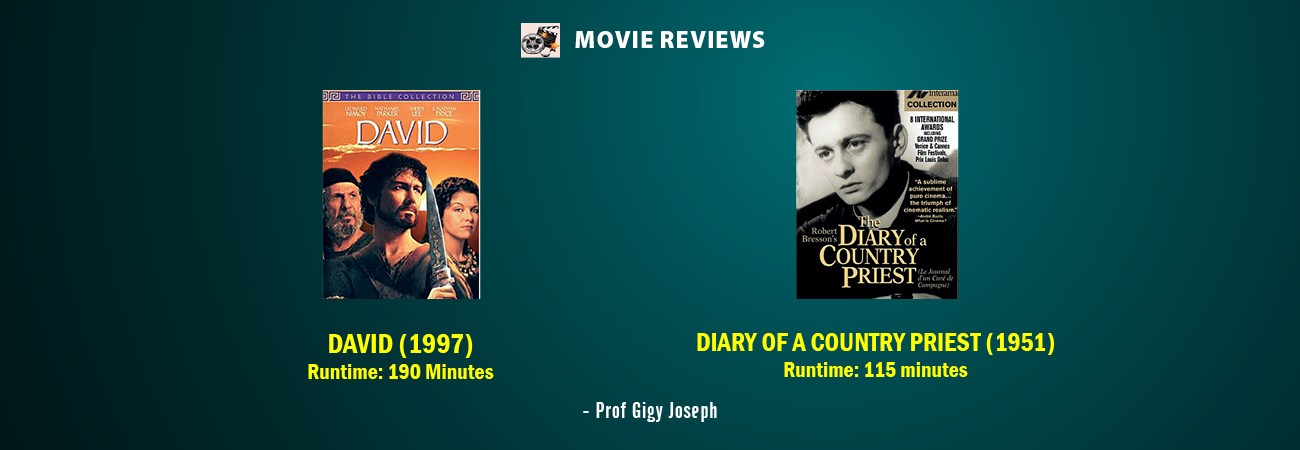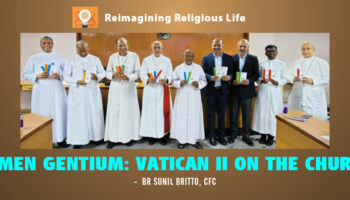David (1997) Runtime: 190 Minutes
Director- Robert Markowitz
Cast: Nathaniel Parker, Jonathan Pryce, Leonard Nimoy, Sheryl Lee, Ben Daniels
“David” tells the epic story of David, the founder king of Israel. The narrative follows David’s journey from an insignificant young shepherd boy to a powerful ruler, fulfilling the ancient promise of establishing a kingdom. Set in the Promised Land, the Israelites are surrounded by formidable enemies such as the Amalekites and Philistines. The story begins with Saul, anointed by the prophet Samuel to lead the Israelites against the Philistines. However, tensions arise between Saul and Samuel, leading to their falling out. In the meantime, Samuel secretly anoints David, the son of Jesse, as the future king. David gains hero status by defeating the Philistine warrior Goliath with a slingshot. Despite marrying Saul’s daughter, David faces Saul’s jealousy and numerous attempts on his life. Following Saul’s death in battle, David ascends to the throne, but his reign is filled with challenges. His lustfulness and treachery bring curses upon him, and his own family witnesses violence and betrayal. David remains steadfast in his humble submission to God throughout these trials. Although he desires to build a temple in Jerusalem, God denies him this privilege, promising that his son Solomon would fulfill that dream. The movie incorporates David’s prayers from the psalms, which reflect his emotions and experiences during various moments in his life. Overall, “David” explores the rise and establishment of one of Israel’s greatest kings, showcasing both his triumphs and struggles.
*****
Diary of a Country Priest (1951) Runtime: 115 minutes
Director: Robert Bresson
Cast: Claude Laydu, Jean Danet, Yvette Etiévant, Adrien Borel, Nicole Ladmiral, Martine Lemaire, Nicole Maurey
“Diary of a Country Priest” is a highly acclaimed French film adaptation of Georges Bernanos’s classic Catholic novel. Set in 1930s regional France, it portrays the life of a young parish priest facing numerous challenges and chronicling his experiences in a diary. The priest, whose name remains unknown, is assigned to the village of Ambricourt, where he encounters indifference, hostility, scandal, and wavering faith among the townsfolk. Suffering from an undiagnosed illness, the priest survives on meager sustenance like cheap wine and bread. Despite feeling like a prisoner in the lonely village, he remains dedicated to his pastoral duties. Another priest advises him not to expect love but to maintain order. Only one parishioner, Miss Louise, the governess to the Count’s rebellious daughter Chantal, attends daily Mass. As the priest tries to address the problems within the Count’s family, including the affair between the Count and Louise, he faces the Count’s disapproval. The Countess, burdened by family troubles and grieving the loss of her son, questions God’s justice. The priest counsels her to show mercy to herself and accept God’s grace. The Countess eventually finds peace and passes away. However, Chantal spreads scandalous rumors about the priest, falsely accusing him of tormenting her mother before her death. Despite possessing a letter of thanks from the deceased Countess, the priest chooses not to defend himself. As his condition worsens, he visits a doctor in Lille and receives a cancer diagnosis. Instead of returning to his parish, the priest stays with a sick former classmate who is cared for by a woman. In his final moments, the priest seeks absolution from his friend, uncertain of its appropriateness. His friend’s concerns are dismissed with the priest’s last words: “What does it matter? All is Grace.”
To subscribe to the magazine, click Subscribe





